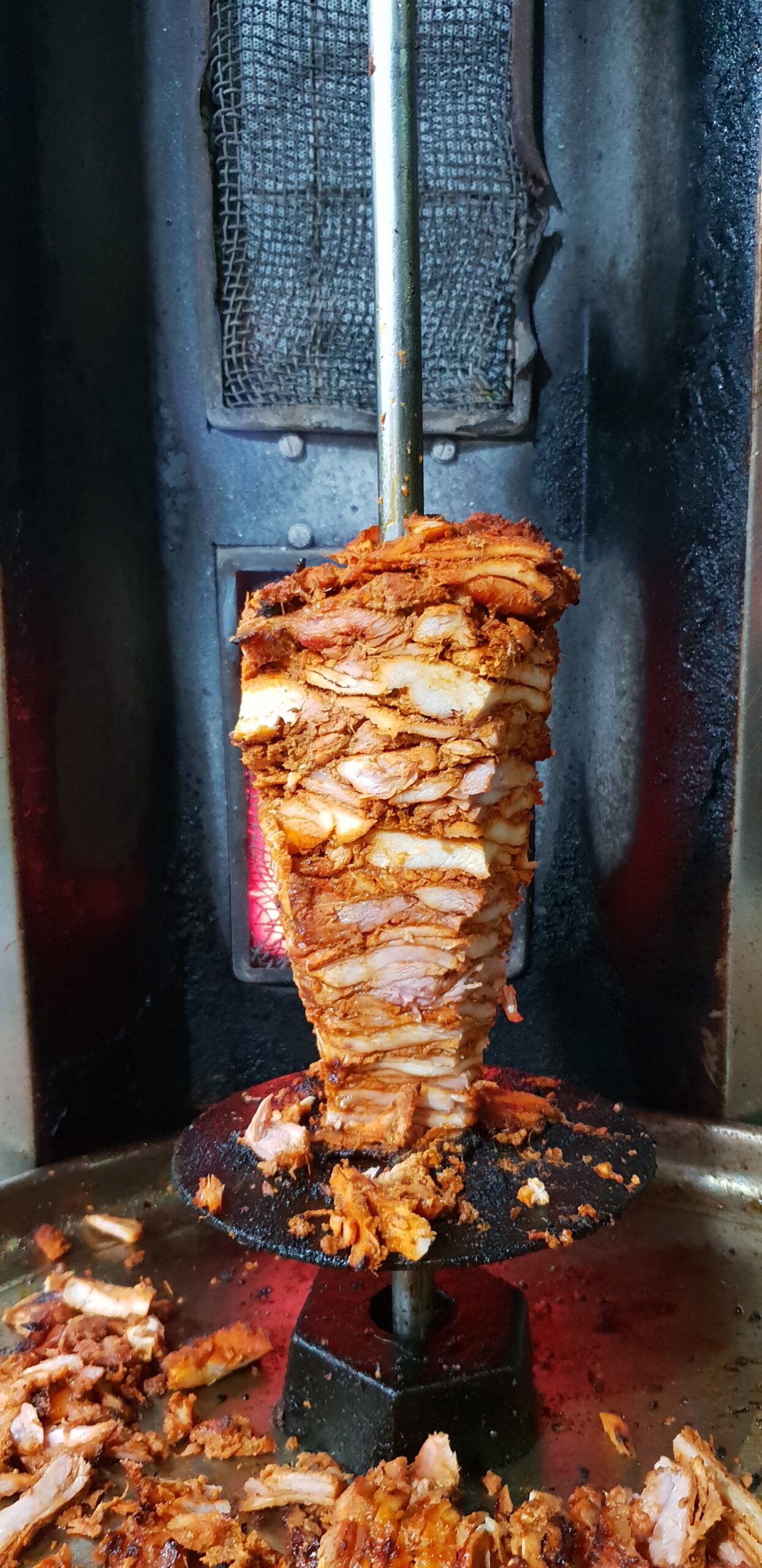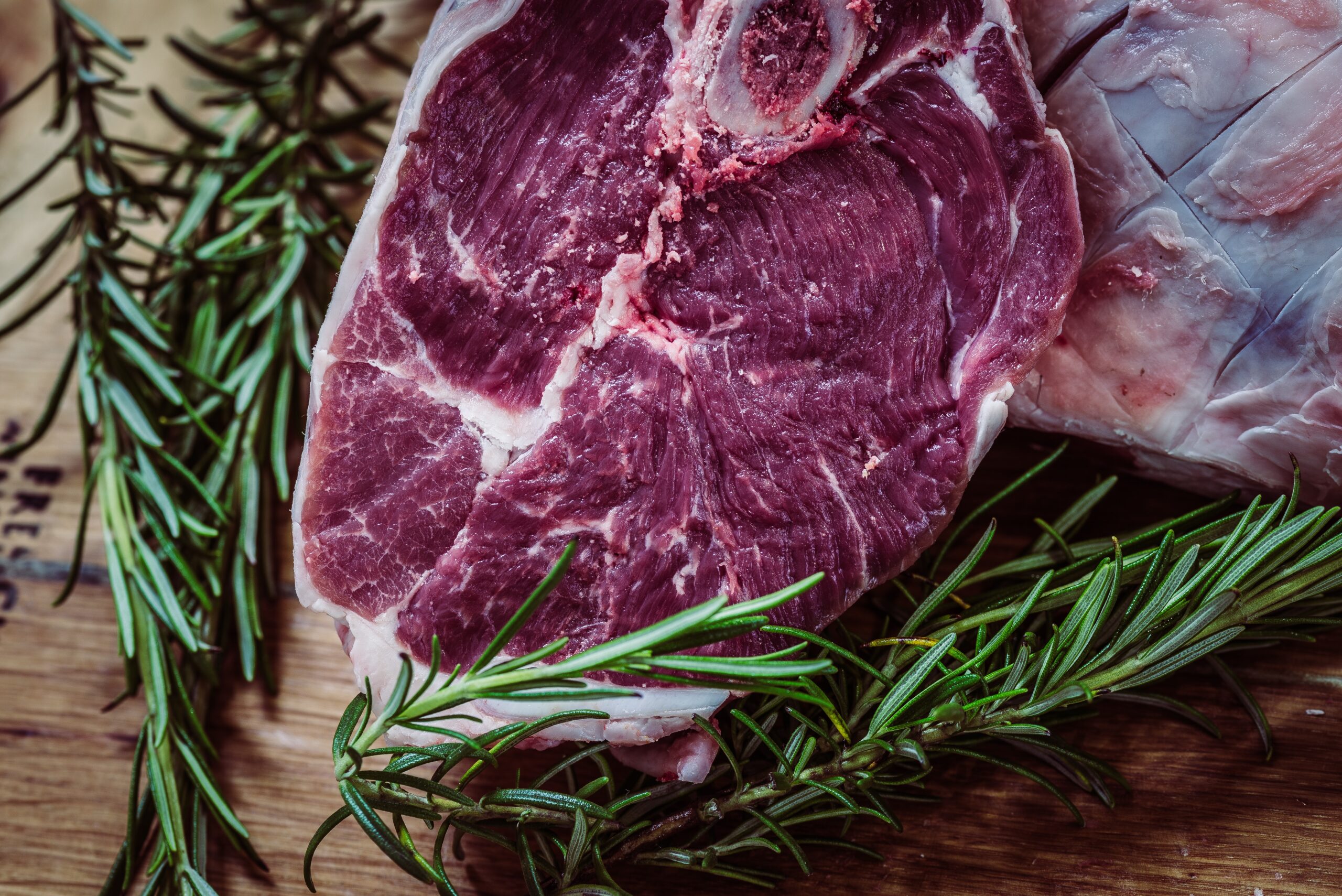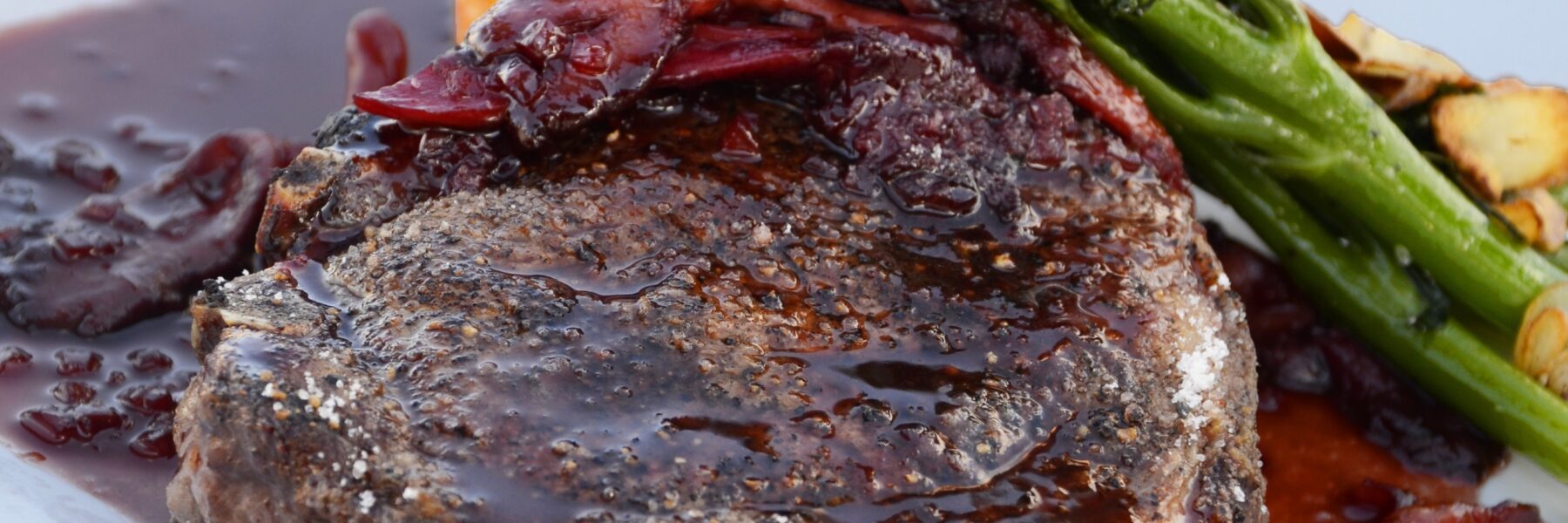Have you ever wondered if your feline friend can indulge in a delicious slice of deli meat? While it may be tempting to share a piece of your sandwich with your curious kitty, it’s essential to know whether it’s safe for them. In this article, we’ll explore whether cats can eat deli meat and uncover any potential risks or benefits associated with this popular human food. So, before you decide to treat your cat to a savory treat, let’s find out if deli meats are suitable for feline consumption.
Can Cats Eat Deli Meat

This image is property of images.unsplash.com.
Overview
As a cat owner, you might sometimes find yourself tempted to share your delicious deli meat with your feline friend. After all, who can resist those pleading eyes and cute little meows? However, it is important to consider your cat’s dietary needs and safety before feeding them any human food. In this article, we will explore the nutritional value of deli meat, the risks and concerns associated with feeding it to your cat, and provide some safe alternatives if you’re looking to treat your feline companion.
Nutritional Value of Deli Meat
Deli meat, such as turkey, ham, or roast beef, can be a good source of protein for humans. However, when it comes to feline nutrition, deli meat falls short. Cats are obligate carnivores, which means their bodies require a diet rich in animal protein. While deli meat does contain protein, it is often processed and high in sodium, which can be detrimental to your cat’s health. Additionally, it lacks the essential nutrients, vitamins, and minerals found in a balanced cat food.
Risks and Concerns
Feeding your cat deli meat can pose several risks and concerns. One of the main concerns is the high sodium content found in many deli meats. Excessive sodium intake can lead to dehydration in cats, as well as potentially cause kidney and heart problems. The high levels of sodium can also result in an imbalance of electrolytes in your cat’s body, which can be dangerous.
Processed Deli Meats
The majority of deli meats available in supermarkets and restaurants are highly processed. The processing methods often involve additives, such as flavor enhancers, preservatives, and seasonings. These additives may be harmful to your cat’s health. Cats have different nutritional requirements and digestive systems than humans, making it essential to avoid processed foods that could upset their delicate balance.

This image is property of images.unsplash.com.
Sodium Content
Deli meats are notorious for their high sodium content. While salt is commonly used in the preservation process, excessive sodium intake can be detrimental to cats. Cats have a low thirst drive, which means they may not consume enough water to compensate for the dehydration caused by excessive salt intake. This can lead to kidney issues, urinary tract problems, and even heart conditions. It is crucial to prioritize your cat’s hydration and choose foods with low sodium levels.
Seasonings and Spices
Deli meats are often seasoned with various spices, herbs, and flavorings to enhance their taste. While these might make the deli meat more enticing to us, they can be harmful to cats. Some spices and herbs, such as onion powder and garlic, are toxic to cats and can lead to anemia and digestive issues. Even milder seasonings, such as pepper or paprika, may cause stomach upset or allergic reactions in felines. It is best to avoid feeding your cat any deli meat seasoned or flavored with ingredients that are not safe for them.

This image is property of images.unsplash.com.
Preservatives
Many deli meats contain preservatives, such as nitrates or nitrites, which help extend their shelf life. While these preservatives are generally recognized as safe for humans, they can have adverse effects on cats. These compounds can disrupt the oxygen-carrying capacity of their blood, potentially leading to severe health issues. It is essential to prioritize your cat’s well-being and choose fresh, natural foods over processed deli meats.
Potential Allergic Reactions
Cats, like humans, can develop allergies to certain foods. Deli meats, especially those that are heavily processed or seasoned, can be a common culprit of food allergies in felines. Signs of an allergic reaction in cats may include vomiting, diarrhea, skin rashes, or excessive itching. If you notice any of these symptoms after feeding your cat deli meat, it is crucial to consult with your veterinarian and identify the cause of the allergic reaction.

Alternatives to Deli Meat
If you’re looking to treat your cat with something delicious and safe, there are plenty of alternatives to deli meat. Opt for lean, cooked meats like chicken or turkey (without seasoning), as these can provide a good source of protein for your feline companion. Always make sure the meat is boneless and thoroughly cooked to avoid any potential health risks. You can also offer small amounts of cooked fish, such as salmon or tuna, as a special treat. Remember to remove the skin, bones, and any seasonings that may be harmful to your cat.
Feeding Deli Meat to Cats Safely
If you still want to share a small amount of deli meat with your cat, it is crucial to take precautions to ensure their safety. Choose deli meats that are low in sodium and free from preservatives, seasonings, and spices. Roasted or boiled turkey or chicken may be better options compared to processed meats like ham or salami. Always remove any excess fat or skin, as they can be difficult for your cat to digest. Additionally, ensure that the deli meat is fresh and has not been sitting out at room temperature for an extended period. Remember that deli meat should be a treat rather than a staple in your cat’s diet, and always consult with your veterinarian before introducing any new foods.
In conclusion, while it may be tempting to share your deli meat with your cat, it is generally not recommended due to the potential health risks associated with these processed meats. Cats have specific dietary needs that should be met with a balanced and nutritionally complete cat food. However, if you choose to share a small amount of deli meat as an occasional treat, make sure it is low in sodium, free from seasonings and preservatives, and closely monitor your cat for any adverse reactions. The health and well-being of your furry friend should always be a top priority.


